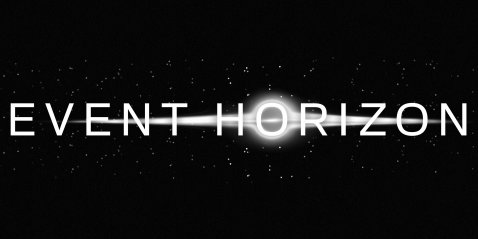As of last week, the RIAA can no longer utilize a provision of the Digital Millennium Copyright Act (DMCA) to sneak a peek at the identifying information of alleged copyright infringers via their Internet Service Provider (ISP). Prior to this week, parties could merely file a subpoena pursuant to procure the identifying information of internet users that they accused of copyright infringement from their ISP and would typically receive the above referenced information without much hassle. By claiming implied permission by a DMCA provision, corporate interests could be protected by forcing the ISP to reveal the identities of its users, without filing any official charges against the allegedly copyright-infringing parties. This corporate courtesy begged serious questions about the protection of anonymous speech online. Why shouldn’t the same protections afforded other anonymous speech be afforded to those parties against whom copyright infringement had been claimed but not proven?
A “friend of the court” brief filed in this case collectively by the Electronic Frontier Foundation (EFF), the American Civil Liberties Union (ACLU) and 20 other groups emphasized that very point. The decision by the Eighth Circuit Court conceded this point and also emphasized protections, or “safe harbors” written into the DMCA which protect the ISP against such liability for merely being a conduit of infringing information. The Eighth Circuit Court of Appeals reversed an earlier decision made by a district court denying an attempt by Charter Communications, Inc., in its capacity as an ISP, to withhold the personal information of their clients from the grabby hands of the RIAA. The RIAA must now file “John Doe” lawsuits against those they accuse of copyright infringement in order to obtain their identity. This will cost the RIAA significantly more of the cold, hard cash that they’re working so hard to protect. The Eighth Circuit Court’s decision is a triumph for anonymity and privacy.
Read the Eighth Circuit Court’s decision here. http://www.eff.org/IP/P2P/Charter/033802P.pdf



